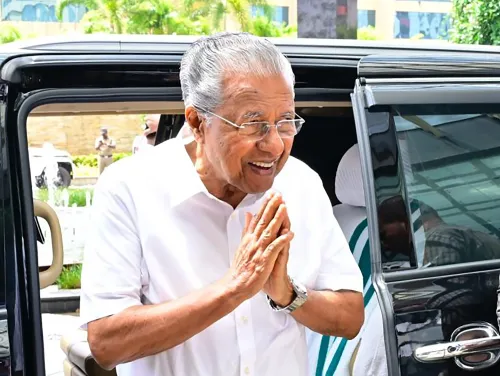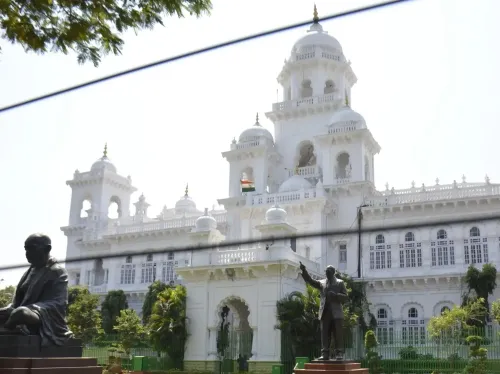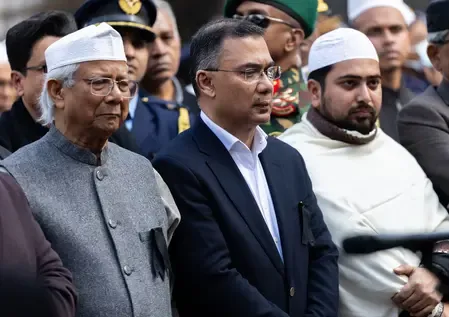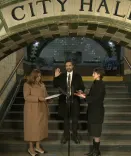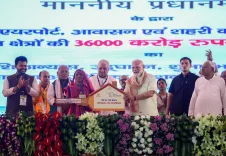Did Telangana's Caste Survey Inspire the Nation?
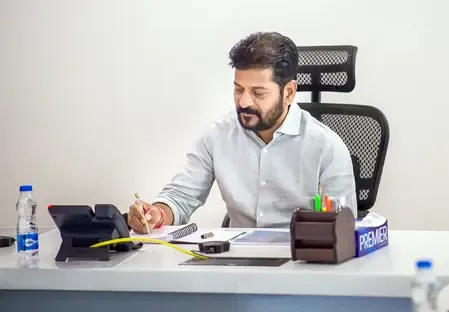
Synopsis
Key Takeaways
- Telangana's caste survey has inspired a nationwide Caste Census.
- The survey revealed that 56.32% of the state's population belongs to Backward Castes.
- 42% reservations for OBCs have been proposed based on the survey findings.
- The initiative reflects a growing emphasis on OBC empowerment in India.
- Telangana's actions may set a precedent for other states.
Hyderabad, April 30 (NationPress) Chief Minister A. Revanth Reddy expressed his support on Wednesday for the Centre's decision to implement a Caste Census during the upcoming national Census, highlighting that the Telangana government's initiatives for OBC empowerment have set a precedent for the nation.
The Chief Minister noted that under the guidance of Leader of Opposition Rahul Gandhi, who advocated for a nationwide caste census during his impactful Bharat Jodo Yatra, Telangana was the pioneering state to carry out a caste survey last year.
“This marked the first such survey in Independent India, the last being conducted by the British in 1931. A detailed statewide Social, Economic, and Caste Survey revealed that 56.32% of the population belongs to Backward Castes. Following the report presented in the Telangana State Legislative Assembly, the state proposed a 42% reservation for OBCs in education, employment, and political representation,” he stated.
Revanth Reddy asserted that the Congress party’s Telangana chapter has taken this cause nationwide, including protests at Jantar Mantar in the national capital, urging the Central government to endorse the Caste Census.
“Today, we have demonstrated that what Telangana initiates today, India will adopt tomorrow. It is a proud moment that Shri Rahul Gandhi has illustrated how his vision has influenced policy even in opposition. We take pride in the fact that the Telangana government’s efforts for OBC empowerment have inspired the nation, with India now agreeing to follow our lead,” said the Chief Minister.
He commended the Central government for its decision to include a caste census in the next national census and expressed gratitude to Prime Minister Narendra Modi and the Cabinet.
The Telangana Assembly had passed a resolution on February 4, urging the Centre to conduct a nationwide caste survey.
After presenting the report of the caste survey, the Chief Minister moved for a resolution that was unanimously approved.



